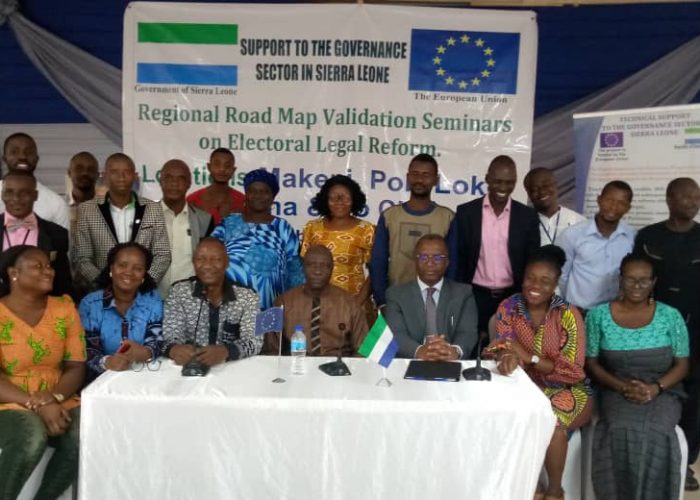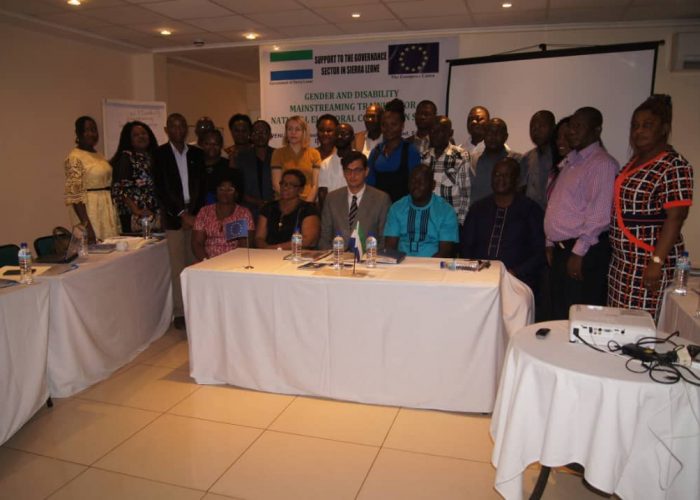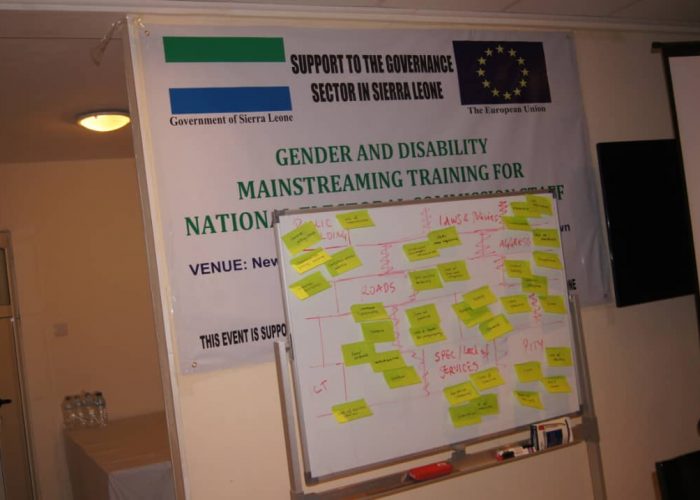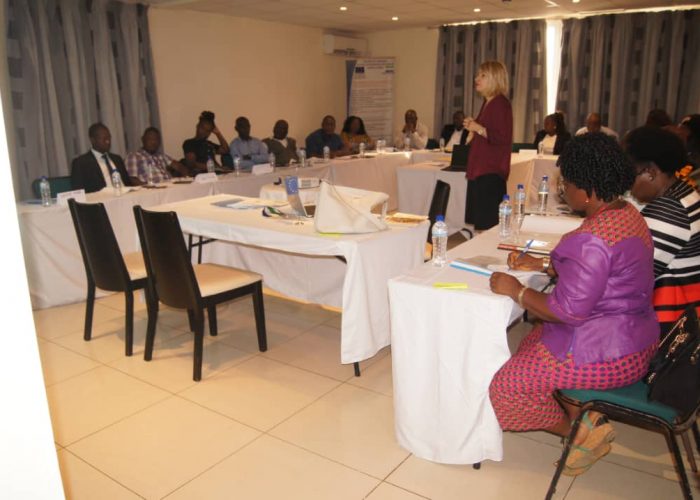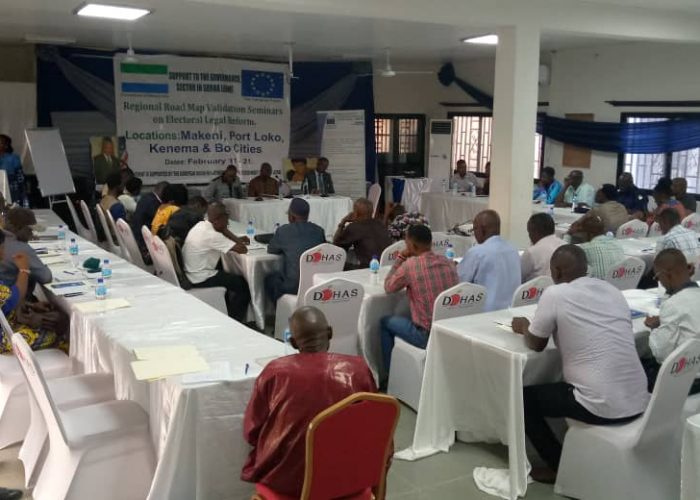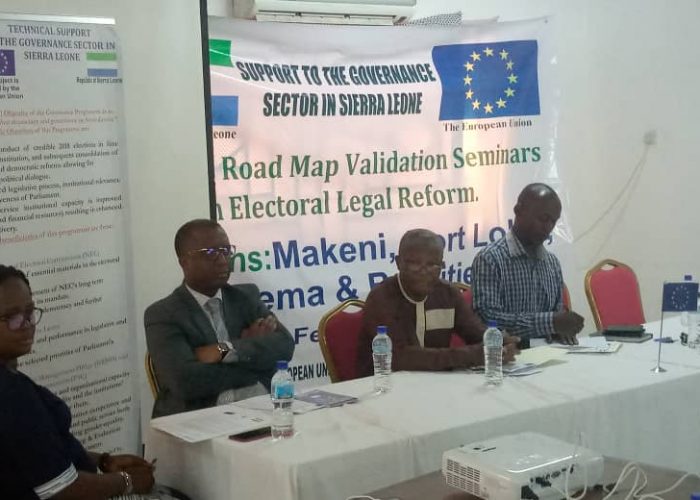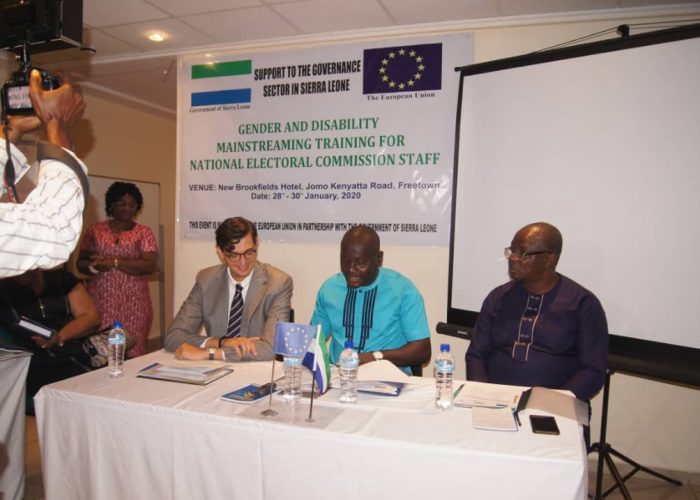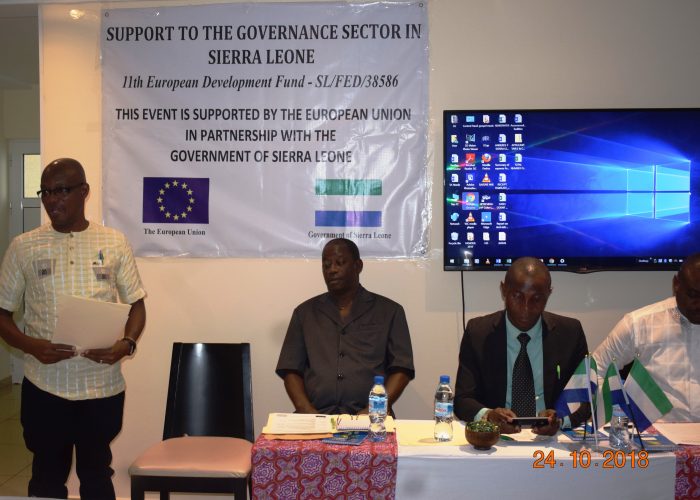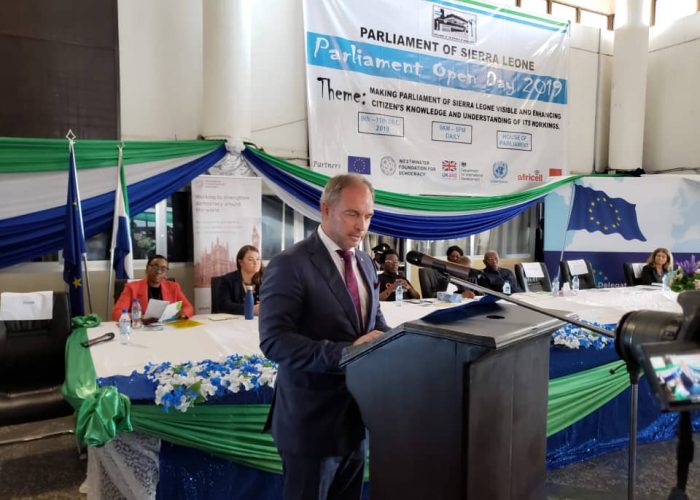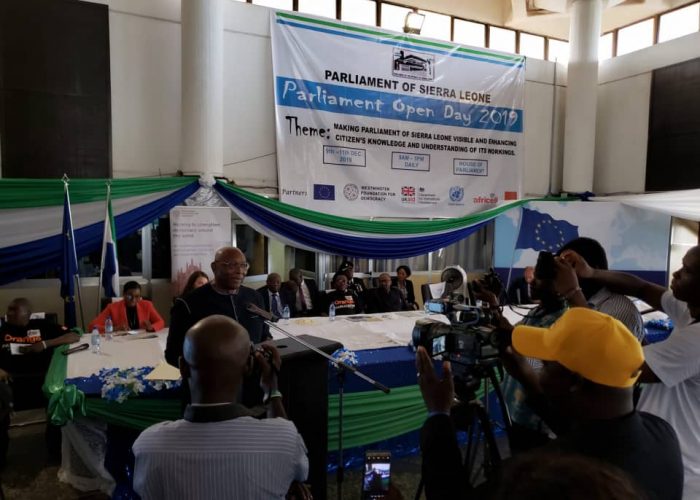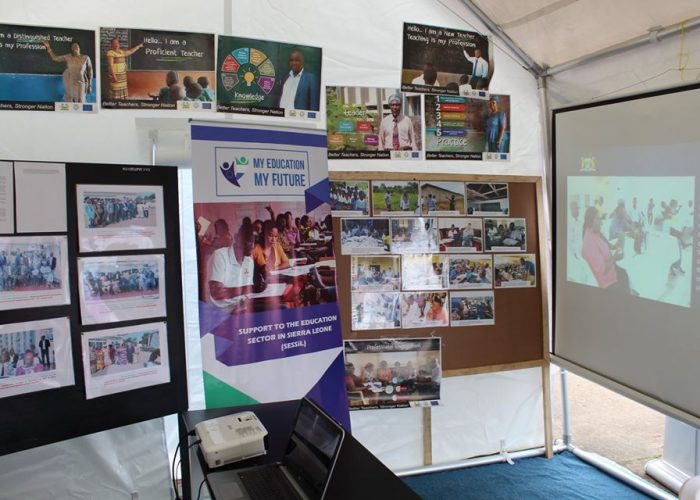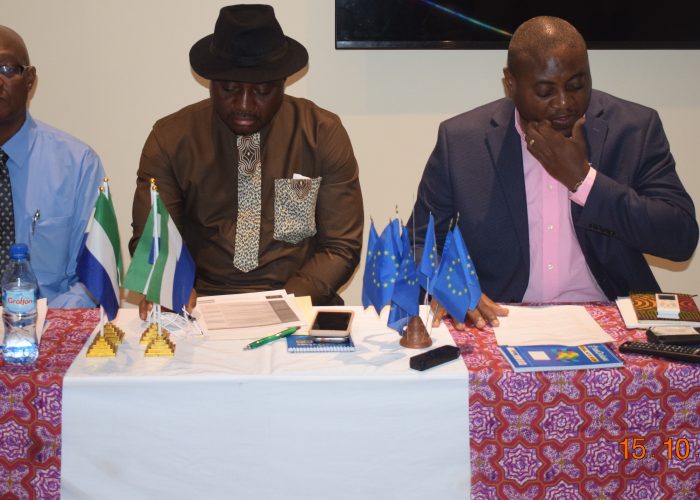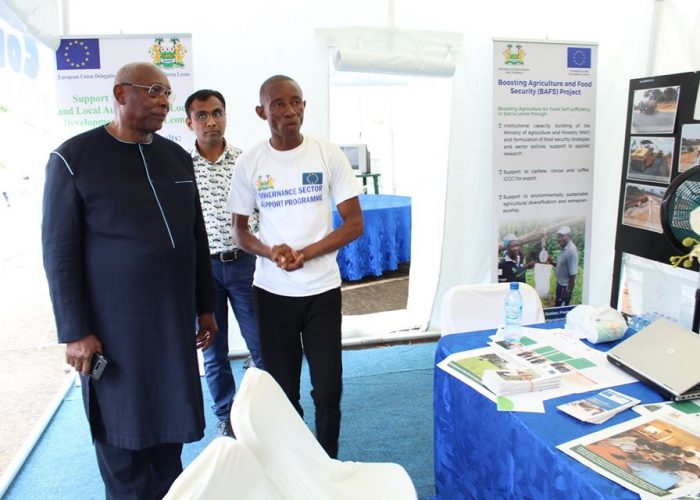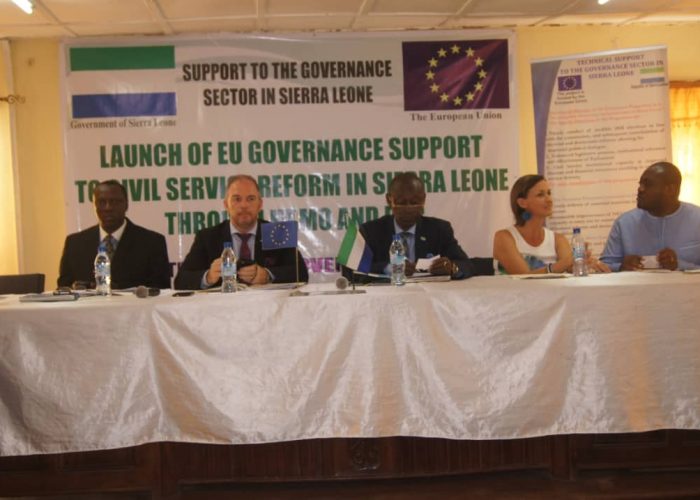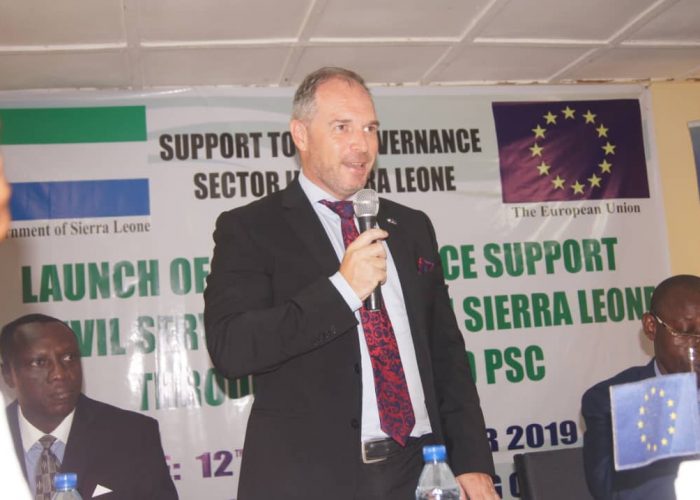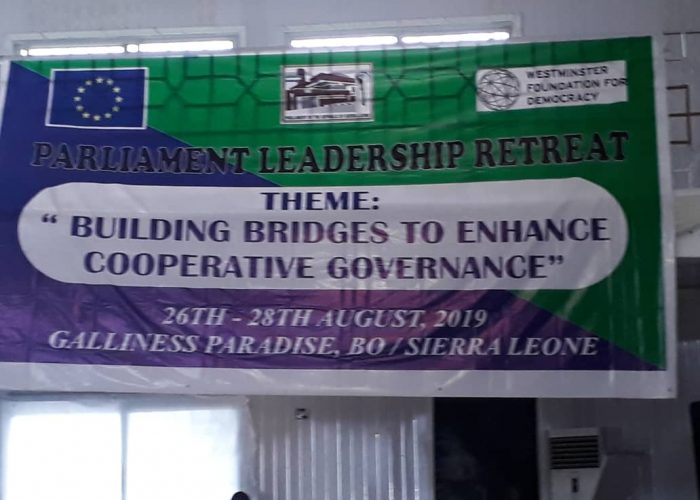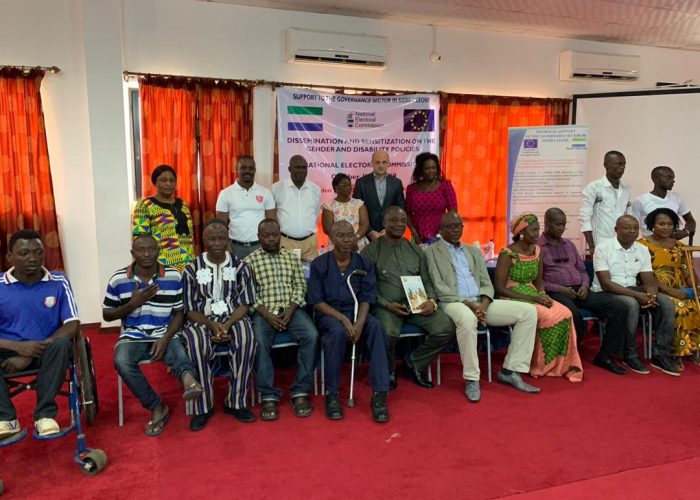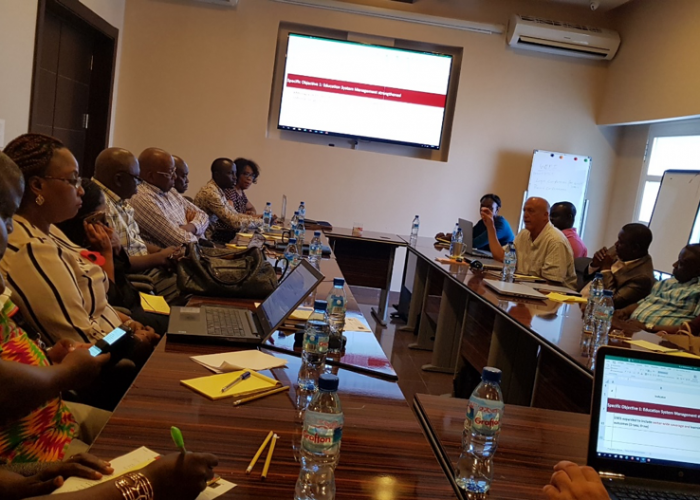Governance is a key sector for EU cooperation with Sierra Leone.
Two main programmes are ongoing:
1. The €27 million European Union (EU) programme supporting governance in Sierra Leone, launched in November 2017, directed at supporting democratic processes, implementing civil registration and improving public service delivery. Under the programme, there are four specific areas of work:
- Supporting the National Electoral Commission (NEC) in the run-up to the March 2018 elections, through the multi-donor UNDP electoral assistance project. Beyond elections, NEC will benefit from technical assistance (TA) on Governance.
- Implementing selected priority areas of Parliament’s strategic plan, and key infrastructural upgrades, as well as strengthening legislative capacity, will enhance its institutional relevance and effectiveness. Support will be provided through technical assistance and through rehabilitation work on the Parliament building.
- Supporting the National Civil Registration Authority will help improve the civil registration system to allow information based decision making and service delivery by relevant State Institutions.
- Rebuilding the civil service will improve the efficiency and effectiveness of public service delivery, and the EU will continue to collaborate with the Government of Sierra Leone on civil service reform, providing TA and other support.
2. The €23 million EU programme supporting decentralisation in Sierra Leone focuses on Local Authorities (LAs) and Civil Society (CSOs) in four pre-selected districts, and seeks to achieve the following objectives:
- LAs are empowered to fulfil their mandate and to implement development plans.
- CSOs positively contribute to public policy making and service provision in rural areas
Positive Impacts:
NEC succeeded in delivering largely credible local and national elections, culminating in widely accepted results. Implementing NEC’s priorities post elections, will deliver increased institutional, staff and infrastructure capacity, and enhanced gender equality. Ensuring that the essential building and technological infrastructure is functional will allow for Parliament and its committees to better fulfil their core functions and liaise with the general public. A functional civil registry will allow the extraction of future voter registers for elections. Current birth and death registration rates will also be increased through citizen access to civil register service centres. Boosting the capacity of the civil service will generate an improvement in skills, competence, performance and public service delivery at both central and local level, including improved gender equality.
Fostering decentralisation and devolution will improve stronger intergovernmental relations and enable the elaboration and implementation of better informed development policies. Fruitful collaboration between LAs and CSOs will enable communities’ needs to be taken into account in decision making, for a general improvement of their quality of life.

